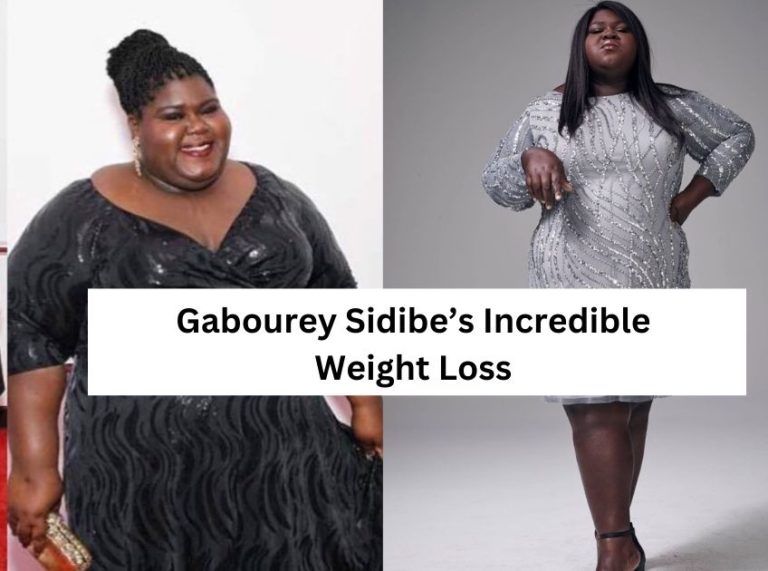
Important: This article is for informational purposes only. Please read our full disclaimer for more details.
Snoring Isn’t Just a “Man’s Problem”-While snoring is often stereotyped as a male issue, it’s a common concern for women too. Hormonal changes, lifestyle habits, and underlying health conditions can all contribute to snoring in females. Understanding the causes is the first step toward finding effective solutions for better sleep.
Unveiling the Culprits: Causes of Snoring in Females
1. Hormonal Changes
- Fluctuations in estrogen and progesterone can impact muscle tone in the airway (1).
- Women may experience increased snoring during pregnancy or menopause due to hormonal imbalances.
- Hormone-related weight gain can also contribute to airway obstruction.
2. Anatomical Factors
- A narrow airway, deviated septum, or enlarged tonsils can restrict airflow (2).
- Structural differences in the mouth, nose, or throat may lead to vibrations and snoring.
- Nasal congestion from allergies or infections can worsen snoring.
3. Weight Gain
- Excess weight around the neck can press on the airway, leading to partial obstruction.
- Even slight weight gain can increase the likelihood of snoring in females (3).
4. Lifestyle Habits
- Alcohol consumption relaxes throat muscles, increasing the risk of snoring.
- Smoking irritates the airway, causing inflammation and blockages.
- Certain medications, such as sedatives, may relax airway muscles excessively.
- Sleeping on your back may cause the tongue to fall back, partially blocking the airway (4).
5. Sleep Apnea
- Loud, persistent snoring can be a sign of obstructive sleep apnea (OSA) (5).
- OSA disrupts breathing during sleep, lowering oxygen levels and impacting overall health.
- Common symptoms include gasping, choking, and excessive daytime fatigue.
Taking Action: How to Reduce or Prevent Snoring
Lifestyle Modifications
- Maintain a healthy weight through a balanced diet and exercise.
- Avoid alcohol and smoking, especially before bedtime.
- Sleep on your side instead of your back to reduce airway collapse.
Medical Interventions
- Nasal strips and dilators can open nasal passages for improved airflow.
- Oral appliances reposition the jaw and tongue to prevent airway blockage.
- Continuous Positive Airway Pressure (CPAP) machines are recommended for severe sleep apnea (6)
Home Remedies
- Use a humidifier to prevent airway dryness and irritation.
- Practice nasal irrigation with saline to clear nasal passages.
- Elevate your head with pillows to promote better airflow.
Treatment Options for Women Who Snore
- Lifestyle changes are the first line of defense for mild snoring.
- Medical devices like mandibular advancement devices are effective for moderate snoring.
- Surgical procedures may be recommended for structural abnormalities.
- Professional diagnosis through a sleep study (polysomnography) is essential for severe cases (7)
Finding Peaceful Nights
Snoring in females is a common yet manageable issue. By understanding the causes and exploring tailored solutions, women can enjoy restful, uninterrupted sleep. Prioritizing lifestyle changes and seeking medical advice when necessary are key steps toward healthier nights. If snoring persists or worsens, consulting a healthcare professional can provide the necessary support for long-term relief.















